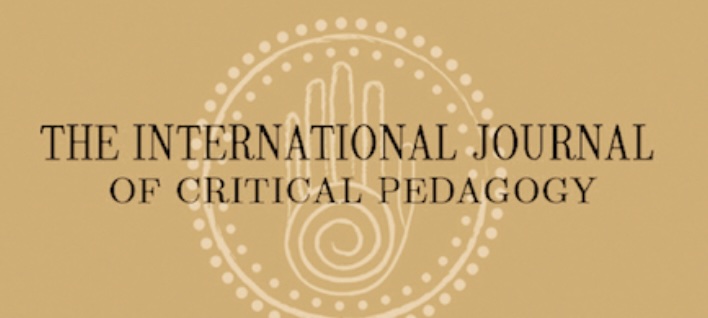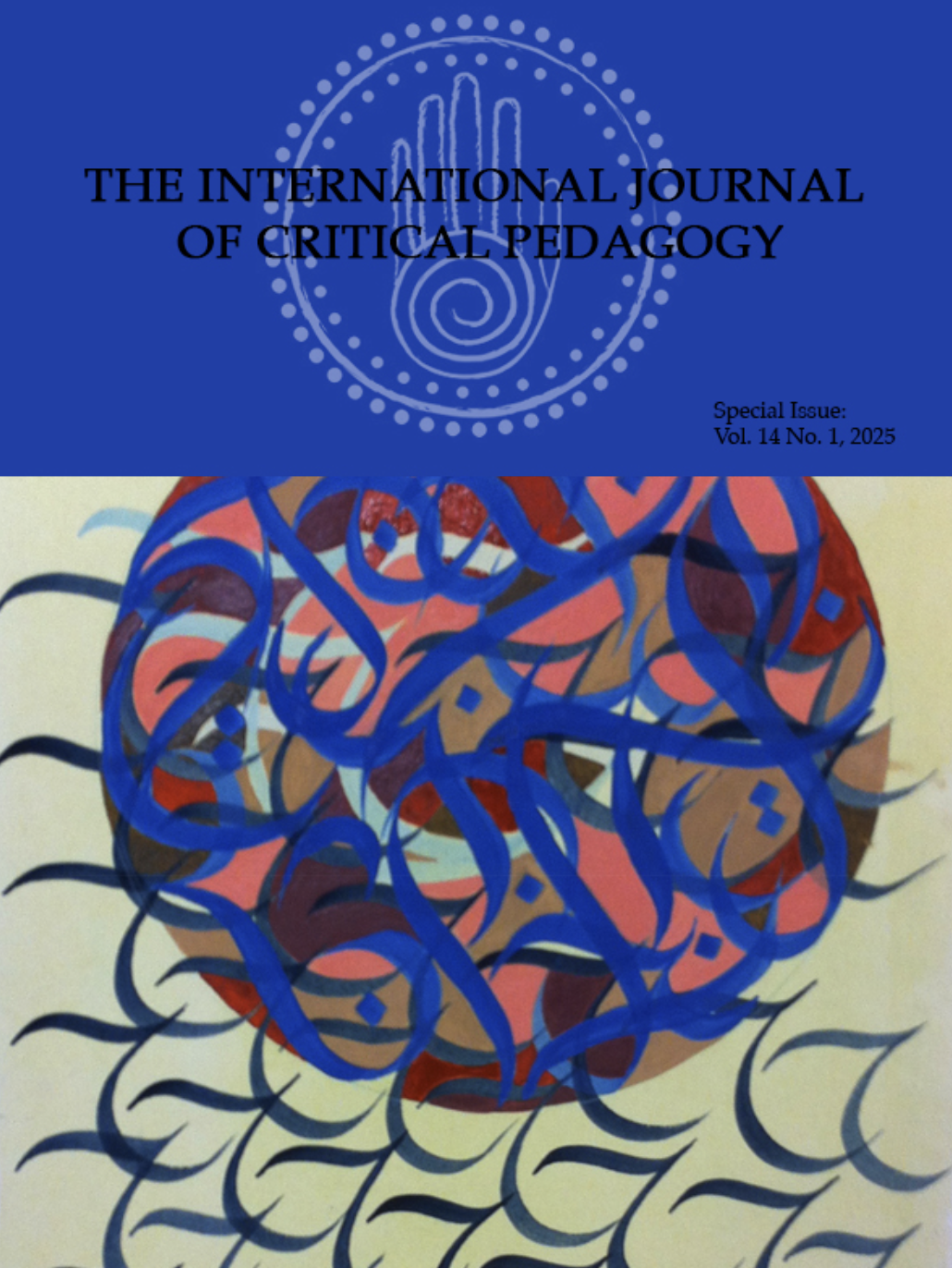Abstract
Allies would be in strikethrough in the title.
This paper explores the phenomenon of pre-service teachers becoming accomplices for racial justice. Using hermeneutic phenomenology, we examine the experiences of three white, female pre-service teachers navigating this terrain.
A framework we are naming autoethnography as praxis emerged from this inquiry.
Our research interrogates the notion of white allies and the intersection of critical dialogue and action in pre-service teacher education. Building off of perspectives in critical race and critical whiteness studies, this work is grounded in the reality of the material permanence of white supremacy that white teachers must acknowledge and develop tools to dismantle.
Autoethnography as praxis moves students from simply analyzing and reporting their experiences (including their emerging understanding of white privilege) through autoethnography to examining how their experiences have shaped and will continue to shape their identities and practices as teachers. By reframing autoethnography as a dialogue between researcher and her texts, we hope to push beyond reflection to action.
Autoethnography as praxis also addresses the flaw of white teachers acting as benevolent allies who set their own agenda and position people of color as “needing their assistance.” It pushes participants to engage their action in reflection, moving them past their own experiences.
Keywords: teacher education, praxis, social justice, anti-racist pedagogy, whiteness
How to Cite:
Sinclair, M. N. & Powell, J. S., (2020) “Becoming Allies Accomplices: Problematizing the Intersection of Reflection and Action through Pre-Service Teachers’ Autoethnographies as Praxis”, International Journal of Critical Pedagogy 11(1).
Downloads:
Download PDF
View PDF

